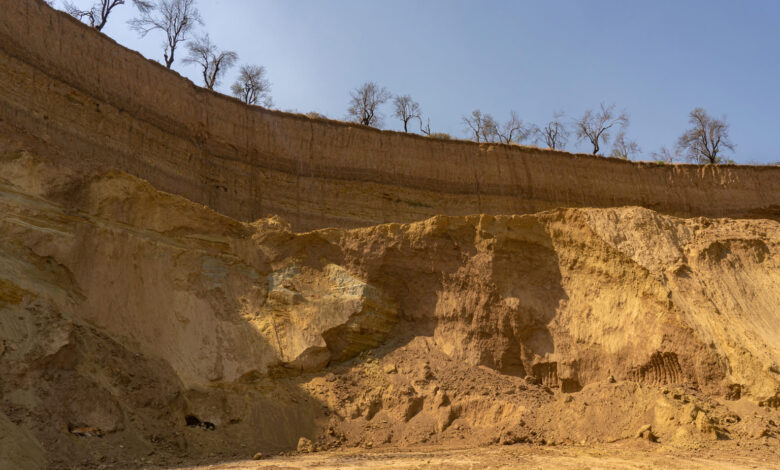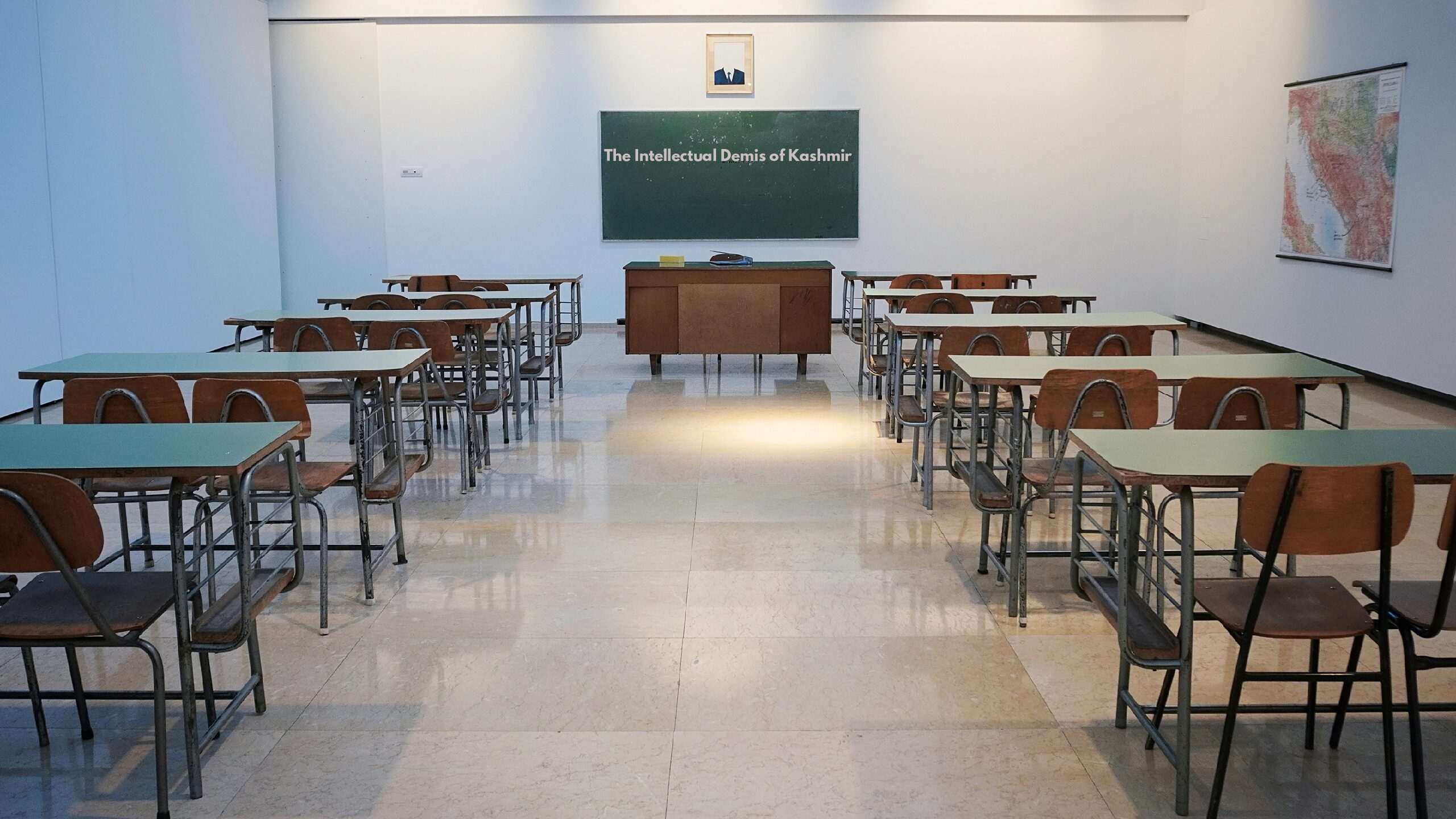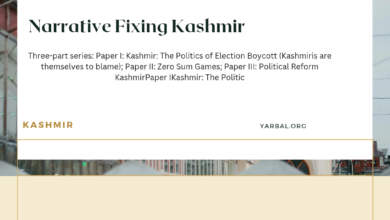Kashmiri-Greek King and the Karewa of Budgam
The Bactrian king Euthedemus and his son Demetrius crossed the Hindu-Kush and entered Gandhara and the Indus Valley. The chronological picture of this kingdom, which has been agreed upon, states, that the Indo-Greek empire was founded when the Graeco-Bactrian king Demetrius invaded the subcontinent early in the 2nd century BC.

- The fertility of these patches is believed to be the result of their long history of formation.
- This makes them ideal for cultivation of saffron, almonds, apples and several other cash crops.
- The pieces of evidence of the earliest Greeks in Kashmir have been found of Demetrius of Syria and Philip Il of Macedon
Karewas are like the Grand Canyons of the USA. The Kashmir valley owes much of its fortune to the plateau-like landforms that remain tucked away in the folds of the surrounding mountains, particularly the Pir Panjal range of the Himalayas that borders the valley on the southwest. Known as karewa or Wodder in local dialect these plateaus are 13,000-18,000 metre-thick deposits of alluvial soil and sediments like sandstone and mudstone. This makes them ideal for cultivation of saffron, almonds, apples and several other cash crops. Kashmir saffron, which received a Geographical Indication (GI) tag in 2020 for its longer and thicker stigmas, deep-red colour, high aroma and bitter flavour, is grown on these karewas. The fertility of these patches is believed to be the result of their long history of formation. When formed during the Pleistocene period (2.6 million years to 11,700 years ago), the Pir Panjal range blocked the natural drainage in the region and formed a lake spanning 5,000 sq km (roughly three times the size of Delhi).
On the top of the tablelands of Ichgam used to be a city built by the Kashmiri–Greek King (Demetrius). The decline of the Maurya power tempted the Greek colonists of Bactria to invade Gandhara (present-day Afghanistan).
The Bactrian king Euthedemus and his son Demetrius crossed the Hindu-Kush and entered Gandhara and the Indus Valley. The chronological picture of this kingdom, which has been agreed upon, states, that the Indo-Greek empire was founded when the Graeco-Bactrian king Demetrius invaded the subcontinent early in the 2nd century BC. The Greeks in the Indian Subcontinent were eventually divided from the Bactrin Greeks centred on Bactria (now the border between Afghanistan and Uzbekistan), and the Indo-Greeks in the present-day north-western Subcontinent. Demetrius has been described as the king of the empire, which included parts of Kashmir. This king also built a dam that supplied water to the city. Linguistic, geological, and numismatic records substantiate the Greek rule of Kashmir. The pieces of evidence of the earliest Greeks in Kashmir have been found of Demetrius of Syria and Philip Il of Macedon.
Despite its geological, agricultural and archaeological importance, karewas are now being excavated to be used in filling wetland areas and used at construction sites. Between 1995 and 2005, massive portions of karewas in Pulwama, Budgam and Baramulla districts were razed to the ground for clay for the 125-km-long Qazigund-Baramulla rail line. Access to large amounts of soil for development projects is difficult in the valley because of its topography and physiology. At the highest elevation are mountain ranges that are predominantly made up of hard rocks. At the lowest point lies the valley, where the groundwater table is extremely close to the surface (6-9 m). Karewas, as a result, are an easy target due to their soil thickness. Each karewa runs for several kilometres. While most of the patches are owned by individuals who use them for farming, some belong to the state; these are locally called kahcharai and are used for grazing. Most of the people in Budgam especially those around Juhama , Patwaw, Sarai Khampor, Hayatpor, Kuzwer, Gowherpor, Nowbugh depend on the karewas for their livelihood.
There used to be huge almond orchards in these Karewas but its cultivation has come down drastically. Even saffron used to be grown in good quantity in the karewas of Budgam until 15 years back, that is now history. Urban sprawl, illegal mining, and soil extraction pose a serious threat to these karewas. Loss of karewas endangers Kashmir’s agricultural economy, and flood risks by contributing to flood siltation and erasing vital neutral and cultural heritage.



